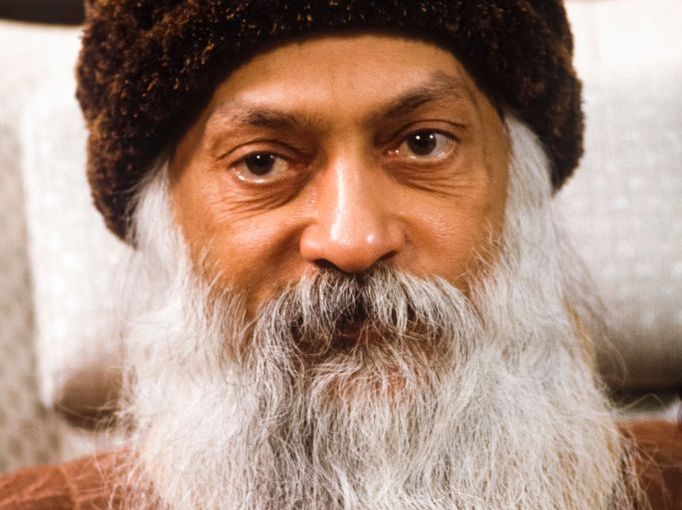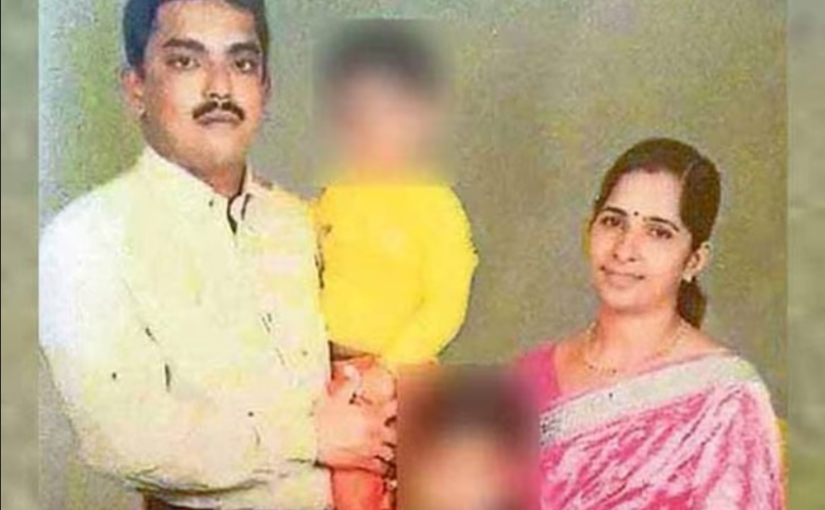Genres: Documentary
Directed by: Chapman Way and Maclain Way
The six-part series was released in 2018, starring Philip Toelkes, Jane Stork, and Ma Anand Sheela as themselves.
The documentary presents the story of Osho, the world’s most controversial guru, who built a utopian city for his followers deep in Oregon Country. It explores how he became entangled in a national scandal that ultimately led to his death.
The documentary features interviews with Osho’s faithful followers who believed in him until the end, as well as those who claim to know the dark truth about him. The series also delves into the journey of his devoted commander, Ma Anand Sheela, his former spokesperson, who shielded her Bhagwan for an extended period.
This series unfolds the story of a mother- Jane Stork, who was captivated by the words of a distant figure and how she eventually reconnected with her roots.
It is a narrative about people whose lives were affected by intruders who bulldozed their way into their neighborhood and refused to leave. The series explores themes of loyalty, politics, deceit, power, and the sheer determination of an entire community that rallied against those they perceived as invaders.
“I am not going to give you a destination. I can only give you a direction – awake, throbbing with life, unknown, always surprising, unpredictable. I’m not going to give you a map. I can give you only a great passion to discover.” – Osho
These are the lines you will find if you visit the Osho Foundation, which continues to thrive. Osho, formerly known as Bhagwan Shree Rajneesh, introduced ‘Dynamic Meditation’ and was labeled a ‘Sex Guru’ due to his statements. The documentary begins after Bhagwaan Rajneesh has moved from Jabalpur to Pune and established his center there, with foreigners pouring in steadily.
Ma Anand Sheela describes her first meeting with Bhagwaan as love at first sight. Notably, she was seventeen when she first met Bhagwaan Rajneesh but soon surpassed others to become his secretary.
Sheela, in all her statements, vehemently declares that everything she did was either to protect Bhagwan or to fulfill his desires.
Parallelly, the documentary recounts the experiences of both Philip and Jane, explaining how they left their homes to meet the guru who promised enlightenment.
After moving to Oregon, the documentary begins to follow the accounts of locals who were suspicious and unhappy as a large number of Rajneeshis arrived in their quiet town and created a commotion. The show depicts both sides: the locals opposed to the idea of open sex and the cult leader they believe to be evil, while the Rajneeshis stand firm, considering the locals bigots who want to oppress them due to religious differences.
In all six parts, the documentary attempts to capture every angle of the story, doing a commendable job as far as documentaries go.
The transition of people seeking inner peace and enlightenment to individuals involved in bioterror attacks and bombings is inconceivable, but one needs to watch and understand it. Whether you choose to believe the words is up to you, as you can always verify the facts.
The series remains open, avoiding an attempt to validate one truth or justify anything. It presents the raw actions and emotions of people on opposing sides, both believing they are protecting their own families.


